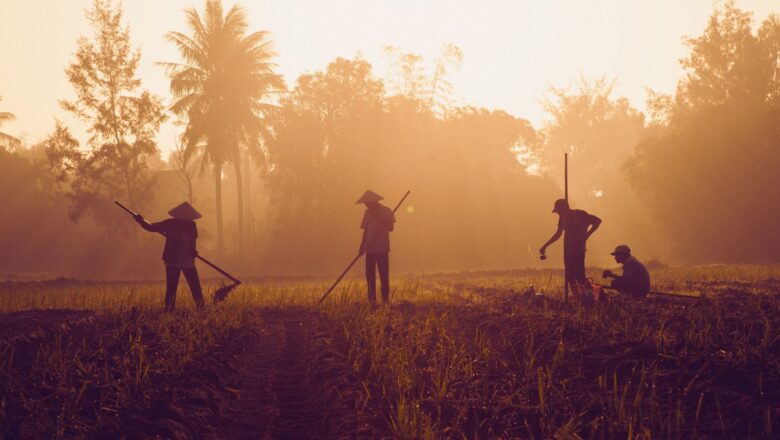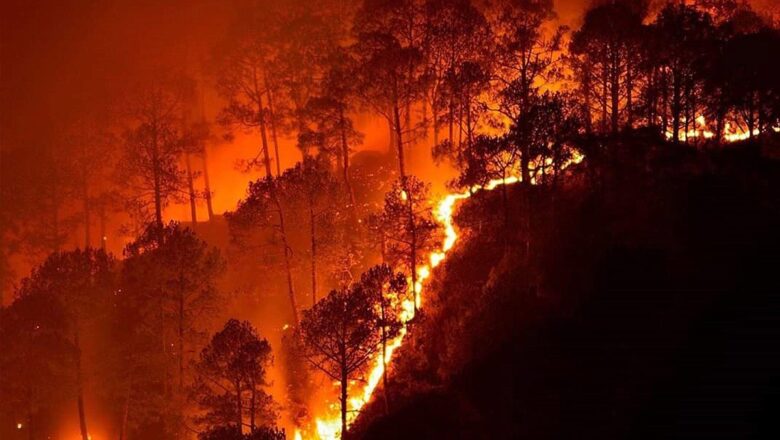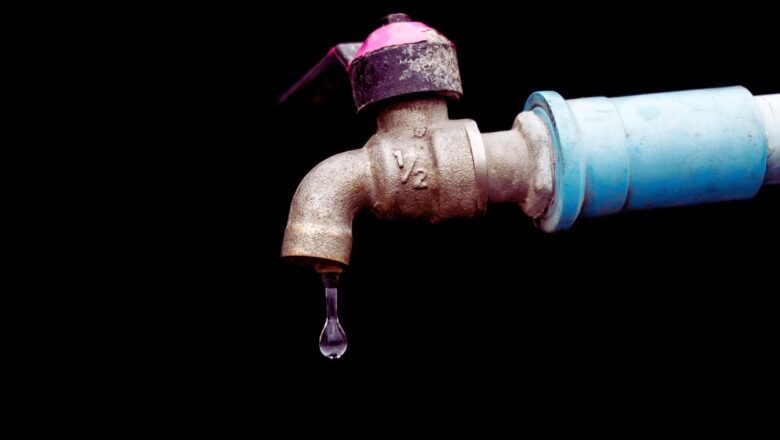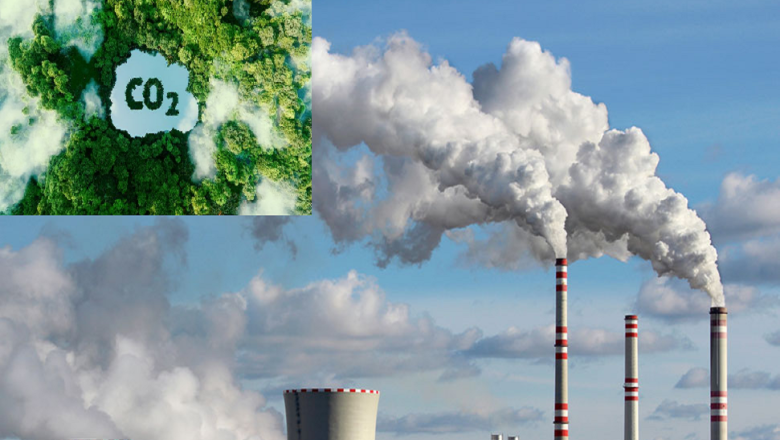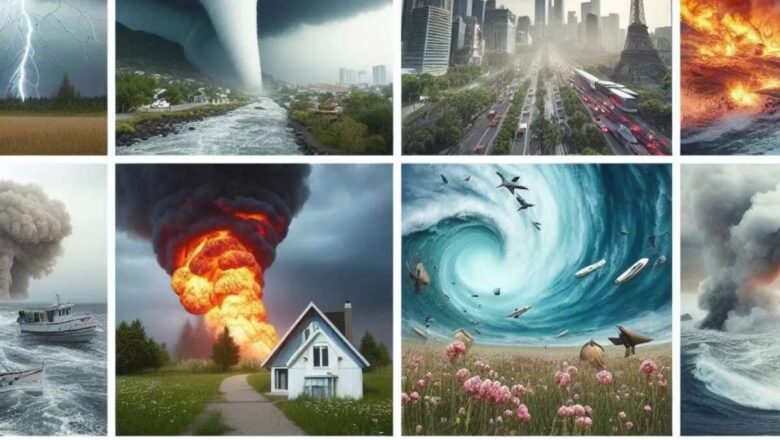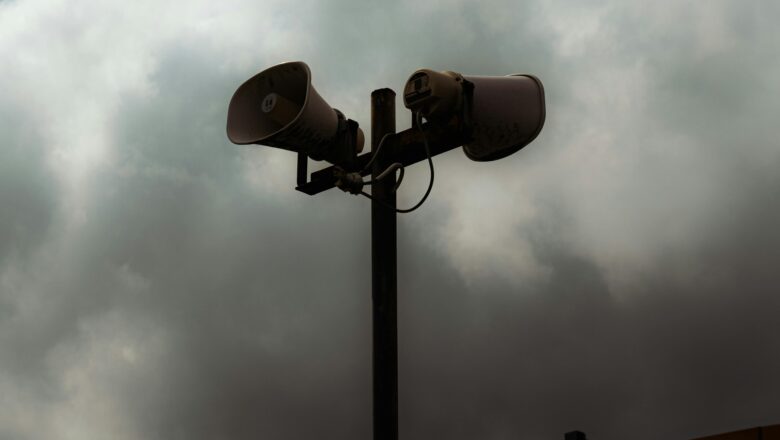
Extreme Heatwaves Healthcare Systems as Rising Temperatures Expose Critical Weaknesses in Hospital Infrastructure and Patient Care
As climate change accelerates extreme heatwaves are becoming more frequent and severe posing significant threats not only to human health but also to the capacity of healthcare systems to function effectively. While the direct effects of heat on conditions like heatstroke kidney damage, and cardiovascular stress are well documented, new research highlights a less visible but equally dangerous consequence hospital congestion and compromised patient care during heat-driven surges in demand.
A recent study by Aguilar-Gomez et al. (2025) examines how extreme heat disrupts healthcare systems, using data from Mexico, where healthcare resources are often stretched thin and the frequency of heatwaves is expected to rise disproportionately compared to higher-latitude countries. Their findings re...

